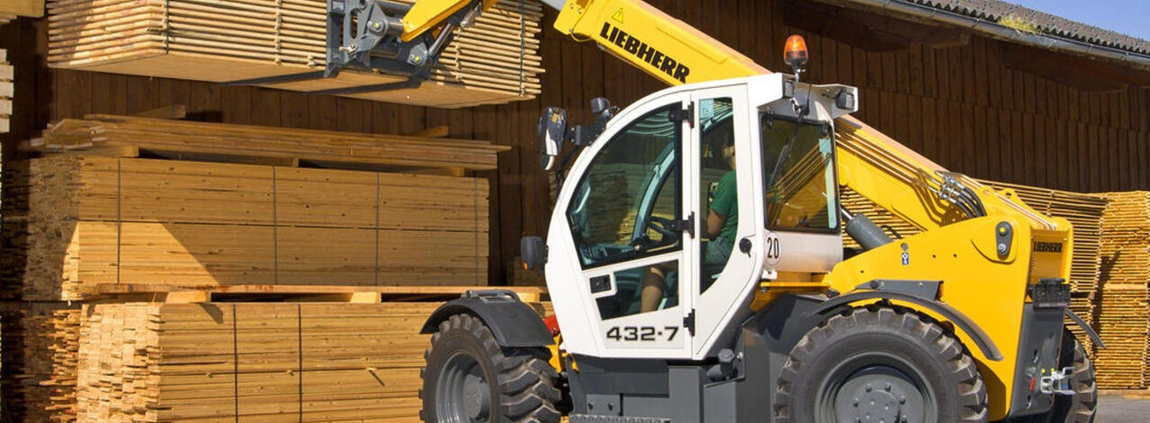Forklift Battery Market 2025: Trends, Technology, ROI, and U.S. Policy Insights for Smarter Procurement
The forklift battery market is rapidly evolving as industries seek more efficient, safe, and sustainable material handling solutions. As electric forklifts gain traction, lithium-ion batteries are increasingly favored over traditional lead-acid types. This article offers a deep dive into the forklift battery market outlook, key technical advantages of lithium batteries, detailed ROI analysis for upgrades, and the impact of U.S. policies encouraging cleaner technologies.
- Forklift Battery Market Outlook: Global and U.S. Trends
The global forklift battery market is projected to grow at a compound annual growth rate (CAGR) of 7–8% from 2023 through 2030, driven by expanding warehousing, logistics, and manufacturing sectors. North America and Asia-Pacific lead in adoption, propelled by growing e-commerce and industrial automation.
In the U.S., stricter emission regulations and cost-efficiency imperatives have accelerated electric forklift penetration. According to BloombergNEF, lithium-ion battery prices have dropped over 85% in the past decade, improving affordability and performance. MarketsandMarkets reports that lithium-based forklift batteries are expected to capture an increasing market share, gradually displacing lead-acid batteries due to superior lifecycle economics and operational benefits.
Regionally, California’s aggressive emissions standards and New York’s clean energy incentives are spurring investments in lithium forklift batteries. Meanwhile, manufacturers focus on developing higher-capacity batteries with faster charging and improved thermal management to meet rising demand.
- The Shift from Lead-Acid to Lithium: Driving Factors
Operational Efficiency Gains
Lead-acid batteries, while historically dominant, require 8+ hours for full charging and regular watering maintenance, leading to operational downtime and higher labor costs. In contrast, lithium-ion batteries charge fully in 1–2 hours and need virtually no maintenance, enabling fleets to run multiple shifts without battery swaps.
Safety and Environmental Considerations
Lithium Iron Phosphate (LFP) batteries exhibit superior thermal stability, reducing fire risks. Additionally, lithium batteries produce zero emissions during operation, supporting companies’ sustainability goals and compliance with tightening regulatory standards.
Cost of Ownership
Despite a higher upfront cost (approximately 1.5 to 2 times lead-acid), lithium batteries last 3 to 5 times longer, cutting replacement frequency. Their higher energy efficiency lowers electricity consumption, contributing to a lower total cost of ownership (TCO).
- Technical Advantages of Our Lithium Forklift Batteries
Our Leoch forklift lithium battery solutions are engineered specifically for electric forklifts, delivering a balanced combination of durability, speed, and cost efficiency. Key advantages include:
- Extended Service Life: Designed to withstand the rigorous demands of industrial use, our batteries provide a significantly longer operational lifespan compared to traditional alternatives, reducing replacement frequency and downtime.
- Rapid Recharge Capability: Thanks to optimized cell chemistry and advanced system design, these batteries support fast charging cycles that minimize forklift downtime and increase productivity.
- Reduced Maintenance Requirements: Unlike conventional lead-acid batteries that demand regular watering and equalizing charges, our lithium solutions are virtually maintenance-free, allowing fleet managers to cut labor and associated costs.
- Versatile Application Suitability: Whether in warehousing, logistics hubs, manufacturing floors, or other demanding environments, our batteries maintain reliable performance and energy efficiency.
- Advanced Battery Management System (BMS): Integrated BMS technology continuously monitors cell health, voltage, and temperature, ensuring safe operation, preventing overcharge or discharge, and extending battery life.
- Thermal Management Innovations: For larger battery packs, our solutions incorporate effective cooling techniques—such as liquid or forced-air cooling—to maintain optimal temperature and maximize safety during high-demand use.
- Seamless Fleet Integration: Our lithium batteries are compatible with common 24V and 48V forklift platforms, enabling smooth upgrades without costly equipment modifications.
Together, these technical features provide forklift operators with a robust, efficient, and safer energy solution tailored to meet the evolving needs of modern industrial fleets.
- Detailed ROI Analysis: Why Upgrade to Lithium?
Consider a warehouse operating 50 forklifts using lead-acid batteries, with replacements every 3 years. Upgrading to lithium results in:
| Aspect | Lead-Acid Battery | Lithium Battery |
| Initial Cost per Battery | $3,000 | $5,500 |
| Cycle Life | ~1,000 cycles | 3,000+ cycles |
| Charging Time | 8+ hours | 1.5 hours |
| Maintenance Costs | High (watering, labor) | Low |
| 10-Year Total Cost | $500,000 (3 replacements + maintenance) | $330,000 (1 replacement, low maintenance) |
Additional benefits include reduced forklift downtime, fewer battery swaps, and lower labor costs for maintenance. Factoring in peak-demand electricity pricing, faster charging also enables strategic energy use, further lowering operational costs.
- U.S. Policy and Incentives Fueling Market Growth
The Inflation Reduction Act (IRA) provides up to 30% investment tax credits for commercial clean energy equipment, including lithium forklift batteries. States like California enforce stringent regulations through CARB (California Air Resources Board), pushing fleets towards zero-emission solutions. New York’s energy programs offer additional rebates for clean energy investments.
Financial services firms and Energy Service Companies (ESCOs) have responded by creating leasing and financing options that leverage these incentives, lowering barriers for businesses to adopt lithium battery technologies.
- Use Cases and Industry Applications
- Cold Chain Logistics: Lithium batteries perform reliably at low temperatures, critical for refrigerated warehouses.
- E-commerce Fulfillment Centers: Fast charging enables high forklift utilization during peak demand.
- Port and Heavy-Duty Operations: Advanced thermal management extends battery life in harsh environments.
Real-world clients report up to 30% improvements in operational efficiency and significant reductions in maintenance labor after switching to lithium.
- Future Trends and Challenges
Emerging solid-state battery technologies and wireless charging could revolutionize forklift operations, further reducing downtime. Increasing warehouse automation demands higher battery reliability and smart energy management integration.
Challenges remain in supply chain constraints and end-of-life battery recycling infrastructure, which the industry is actively addressing.
Conclusion: Strategic Procurement for the Modern Fleet
The forklift battery market is decisively moving toward lithium technology, driven by operational, economic, and environmental imperatives. Fleet operators and dealers should consider full lifecycle costs, leverage government incentives, and partner with suppliers offering robust technical support to maximize value.
Further Reading
For a comprehensive guide tailored to forklift operators, including practical tips on battery maintenance and upgrade considerations, see:
The 2025 Forklift Battery Guide: What Operators Need to Know


